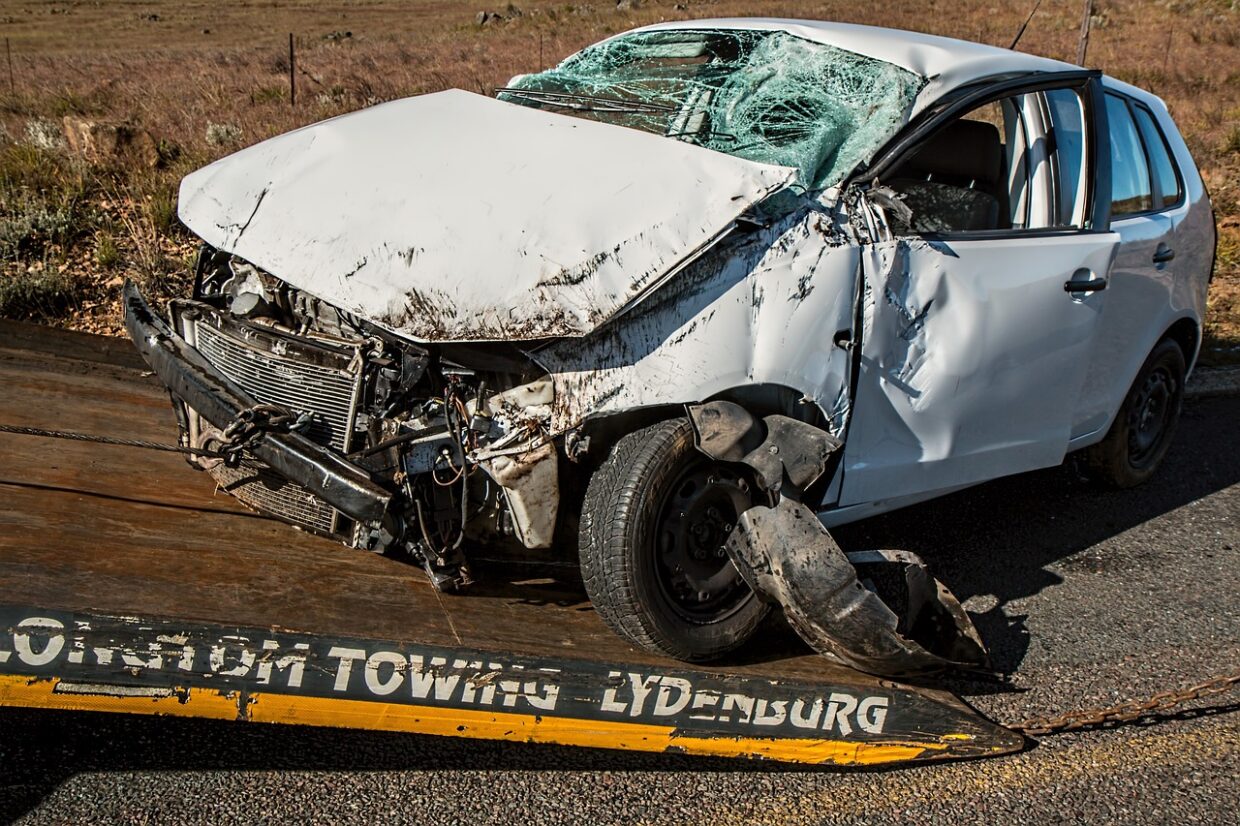As we strive to protect the environment and reduce air pollution, the emissions control system in our vehicles plays a crucial role.
This system is responsible for minimizing harmful emissions and ensuring that our cars operate in compliance with environmental regulations.
However, like any other component, the emissions control system can experience problems over time.
In this article, we will delve into the intricacies of emissions control system problems and explore how Car Wreckers Invercargill can assist in responsible vehicle disposal.
Understanding Emissions Control System
Before we dive into the complexities of emissions control system problems, let’s take a moment to understand what the system entails.
The emissions control system consists of various components that work together to reduce harmful gases and pollutants released into the atmosphere.
These components include the catalytic converter, oxygen sensors, evaporative emission control system, and more.
Each component plays a vital role in maintaining the efficiency and environmental friendliness of our vehicles.
Common Emissions Control System Problems
- Failing Oxygen Sensors
Oxygen sensors are crucial in monitoring the oxygen levels in the exhaust gases.
When these sensors fail, it can lead to incorrect fuel-to-air ratios, affecting engine performance and emission levels.
Signs of a failing oxygen sensor include poor fuel efficiency, engine misfires, and the illumination of the check engine light.
Prompt replacement of faulty sensors is essential to restore proper functionality.
- Evaporative Emission Control System Failure
The evaporative emission control system is responsible for managing fuel vapors and preventing their release into the atmosphere.
A faulty system can result in the leakage of fuel vapors, leading to increased emissions and potential fuel odors.
Common symptoms of a failing evaporative emission control system include the illumination of the check engine light, the smell of gasoline, and difficulties in starting the engine.
Expert diagnosis and repair are necessary to rectify the issue.
Diagnosing Emissions Control System Problems
When faced with emissions control system problems, it is crucial to seek professional diagnosis.
Skilled technicians utilize various diagnostic techniques, including scanning for diagnostic trouble codes (DTCs) and performing system inspections.
DTCs provide valuable information about the specific component or system that requires attention.
Expert diagnosis ensures accurate identification of the problem and enables timely repairs.
Causes of Emissions Control System Problems
- Wear and Tear
Over time, the components of the emissions control system can wear out due to regular usage and exposure to high temperatures.
Factors such as mileage, driving conditions, and maintenance practices can contribute to accelerated wear.
Timely maintenance and periodic inspections can help detect and address potential issues before they escalate.
- Contaminants
Contaminants, such as oil, dirt, and debris, can negatively impact the performance of the emissions control system.
These substances can clog sensors, damage valves, and interfere with proper combustion processes.
Regularly servicing the vehicle and using quality fuel and oil are essential to minimize the risk of contamination.
Repairing Emissions Control System Problems
Repairing emissions control system problems often involves component replacement or repair.
In the case of failing oxygen sensors, replacing the faulty sensor with a new one is necessary.
Evaporative emission control system repairs may involve addressing leaks, replacing damaged hoses, or repairing the canister.
It is crucial to consult a qualified technician for accurate diagnosis and effective repairs.
Importance of Addressing Emissions Control System Problems
Addressing emissions control system problems is of utmost importance for several reasons.
Firstly, a malfunctioning system can result in increased emissions, contributing to air pollution and environmental damage.
Secondly, failing to address these issues can lead to decreased fuel efficiency and overall vehicle performance.
Lastly, compliance with environmental regulations and emissions standards is necessary to ensure the sustainability of our environment and avoid legal repercussions.
Maintaining a Healthy Emissions Control System
To maintain a healthy emissions control system, regular maintenance practices are essential.
This includes following the recommended service intervals, using quality fuel and oil, and keeping the vehicle’s engine properly tuned.
Additionally, periodic inspections by qualified technicians can help identify potential issues early on and prevent major problems down the line.
The Role of Car Wreckers Invercargill
Car Wreckers Invercargill plays a significant role in responsible vehicle disposal.
When a vehicle has extensive emissions control system problems or reaches the end of its life, car wreckers provide a safe and environmentally-friendly solution.
They ensure that the vehicle is recycled and salvaged, minimizing waste and maximizing the reuse of valuable materials.
Conclusion
Understanding and addressing emissions control system problems is vital for the well-being of our environment and the longevity of our vehicles.
By recognizing the signs of these issues, seeking professional diagnosis and repairs, and following proper maintenance practices, we can contribute to cleaner air and more sustainable transportation.
Car Wreckers Invercargill serves as a reliable partner in the journey of responsible vehicle disposal, ensuring that even vehicles with emissions control system problems are handled with care and environmental consciousness.

